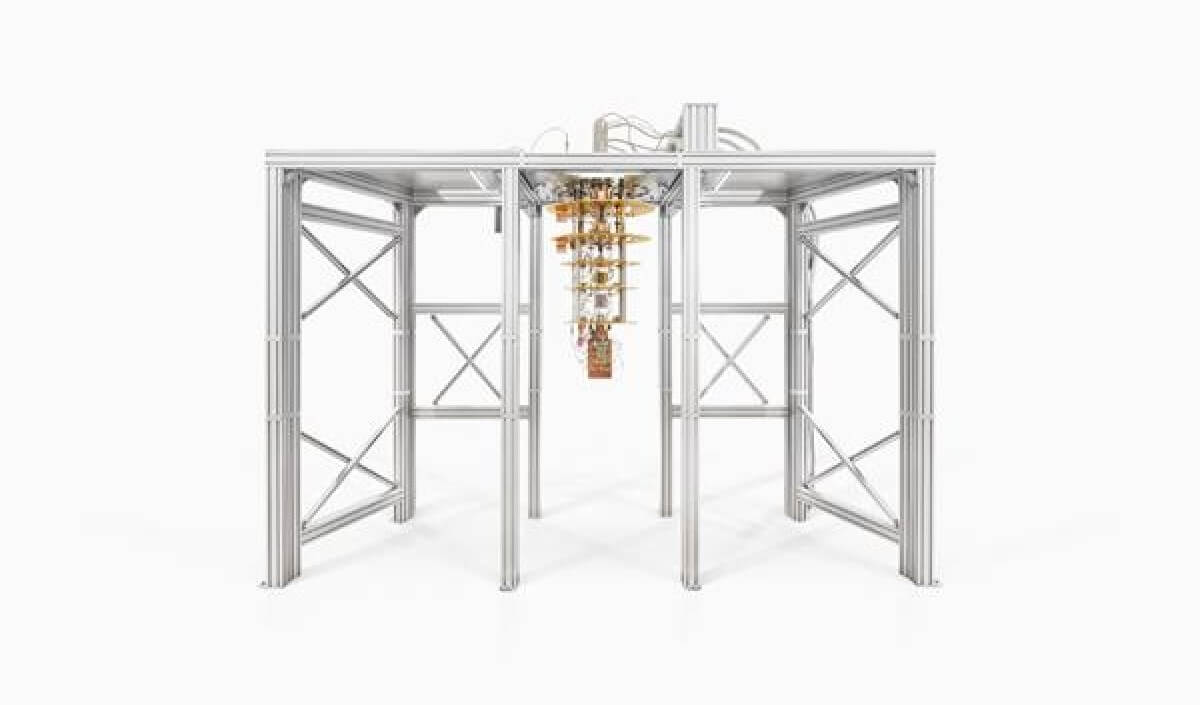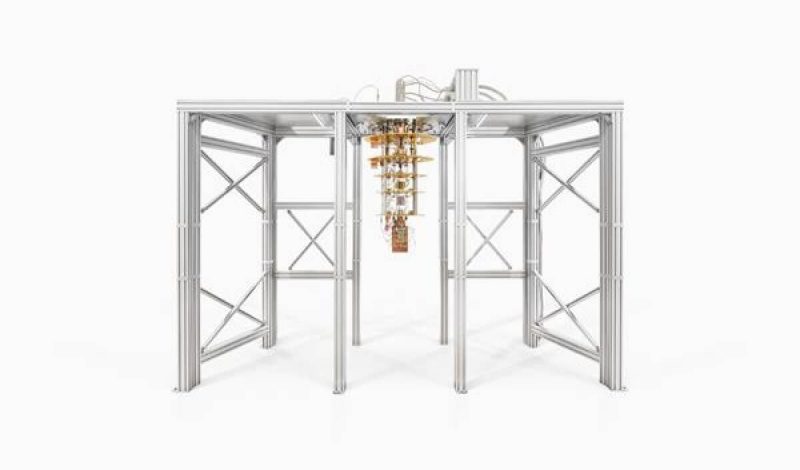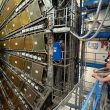

This ambitious project was largely fueled by funding from the UK government’s Quantum Technologies Challenge, overseen by UK Research & Innovation (UKRI). Its primary aim was to accelerate the commercialization of quantum computing within the UK, enhance the national quantum computing infrastructure and supply chain, and cultivate local talent in the field.
The consortium’s efforts culminated in the deployment of the 32-qubit Aspen-class quantum computer, Rigetti’s inaugural quantum system operational in the UK. This advanced system was integrated into Oxford Instruments’ Tubney Woods facility, utilizing their ProteoxLX dilution refrigerator, a cutting-edge cryogenic system essential for the computer’s operation. The facility was specifically designed to ensure the quantum computer ran smoothly, equipped with backup power and resilient cooling systems to maintain controlled temperature and humidity levels, thereby optimizing uptime.
Rigetti’s Quantum Cloud Services
The quantum computer was made accessible to UK partners through Rigetti’s Quantum Cloud Services (QCS), enabling remote cloud-based engagement with the system for the development of quantum applications and algorithms. This collaborative approach leveraged the unique strengths of each consortium member. For instance, the Quantum Software Lab at the University of Edinburgh focused on developing new methods for testing quantum hardware and verifying quantum program performance. In the financial sector, Standard Chartered Bank explored quantum machine learning applications, while Phasecraft applied its expertise in quantum algorithms and software for material design and simulation projects.
This consortium not only demonstrated the practical applications of quantum computing in fields ranging from machine learning to material simulation but also significantly contributed to the UK’s strategic position in the global quantum technology landscape.
“Through this collaboration, our research team was able to expand and rename the Quantum Software Lab (QSL) at the University of Edinburgh in addition to pursuing significant work on quantum algorithms to further benchmark quantum devices using actual quantum hardware,” said Professor Elham Kashefi, Director of the Quantum Software Lab and Professor of Quantum Computing at the University of Edinburgh. “We are already using the methods and procedures created for this project to further our comprehension of what practical quantum computers must have.”
To further expand its quantum computing capabilities in the UK, Rigetti recently revealed that it had won a UKRI competition to supply the National Quantum Computing Centre (NQCC) with a 24-qubit quantum computing system built on the company’s most recent Ankaa-class chip architecture.
“It is an amazing accomplishment for all of the project partners to finish this project and produce a functional 32-qubit quantum computer. Building and implementing a quantum computer requires an elite team,” said Dr. Subodh Kulkarni, CEO at Rigetti. “With regard to quantum computing technology, the UK has emerged as a global leader, and we are eager to keep advancing the field’s potential. In addition, Rigetti intends to use this knowledge to advance our leadership in UK quantum computing as we begin the installation of a 24-qubit Ankaa-class quantum computer at the NQCC’s Harwell campus.”








